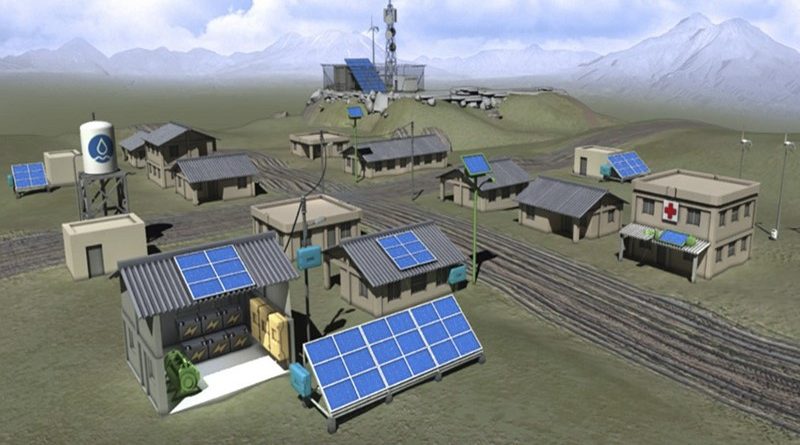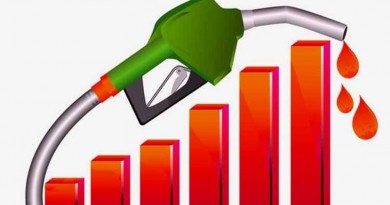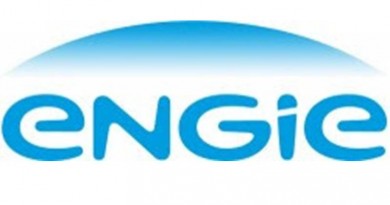Husk Power Systems becomes first profitable minigrid company in Africa and Asia
More than 3 billion people still live in rural South Asia and Sub-Saharan Africa without access to reliable electricity, and the industry has worked hard since Husk Power Systems invented the first renewable energy minigrid in 2008 to meet their needs. That hunt is now finished.
Husk, which operates 150 of the largest fleet of community solar minigrids, declared that it had cracked the code and had become the first profitable firm in the sector to operate on both continents.
In Q4 2022, the business achieved EBITDA positivity in its two key markets, Nigeria and India. Earnings before interest, taxes, depreciation, and amortization, or EBITDA, is a commonly used indicator of business profitability.
The achievement was made possible by two things: 1) Husk’s distinctive platform strategy, which addresses the entire rural energy ecosystem (along with electricity and appliance sales, it also installs rooftop solar for businesses and provides energy-as-a-service for drinking water, agro-processing, etc.); and 2) its unwavering commitment to technological and business innovation, which has allowed Husk to boast the lowest cost of delivered energy and highest affluence rates.
Husk invented the rural minigrid 15 years ago through the gasification of waste biomass, and in 2017 they followed up with the first solar hybrid minigrid in the market. Since then, both the World Bank and the IEA have acknowledged the crucial role that solar minigrids would play in eradicating energy poverty by 2030. Before the end of the decade, it is predicted that between 100,000 and 200,000 minigrids must be constructed.
We underestimated the amount of time and work it would take to find the right business model, right people, and right technological platform to develop a commercially viable minigrid company on two continents when I took over the helm of Husk in 2014, said Manoj Sinha, CEO. To get here—at a successful business—took grit and creativity.
Husk has made it apparent to the market that rural minigrids are a bankable asset class and a key factor in the net-zero growth of hundreds of millions of underserved and unserved people in Africa and Asia by attaining profitability.
Husk has demonstrated that the rural minigrid business model is effective in communities that are off-the-grid, under-the-grid, and connected to the grid. Brad Mattson, the board chairman, remarked that it is reliable and functional. We are prepared to scale another 10X after having scaling 10X. We implore the sector to adopt the strategy Husk used. Together, we can solve energy poverty and set the groundwork for a rural industrial renaissance if donors and governments embrace the sector and its road map for success.
By signing the UN Energy Compact in 2022, Husk expressed its desire to contribute to igniting that revolution. By 2030, it promised to construct at least 5,000 minigrids, which would benefit over 10 million people and prevent 7 megatons of carbon emissions from diesel generators.
Corporate profitability was attained in India and Nigeria despite significant market disruption brought on by COVID-19, global inflation, and increased capital costs, highlighting the adaptability of Husk’s business model.




